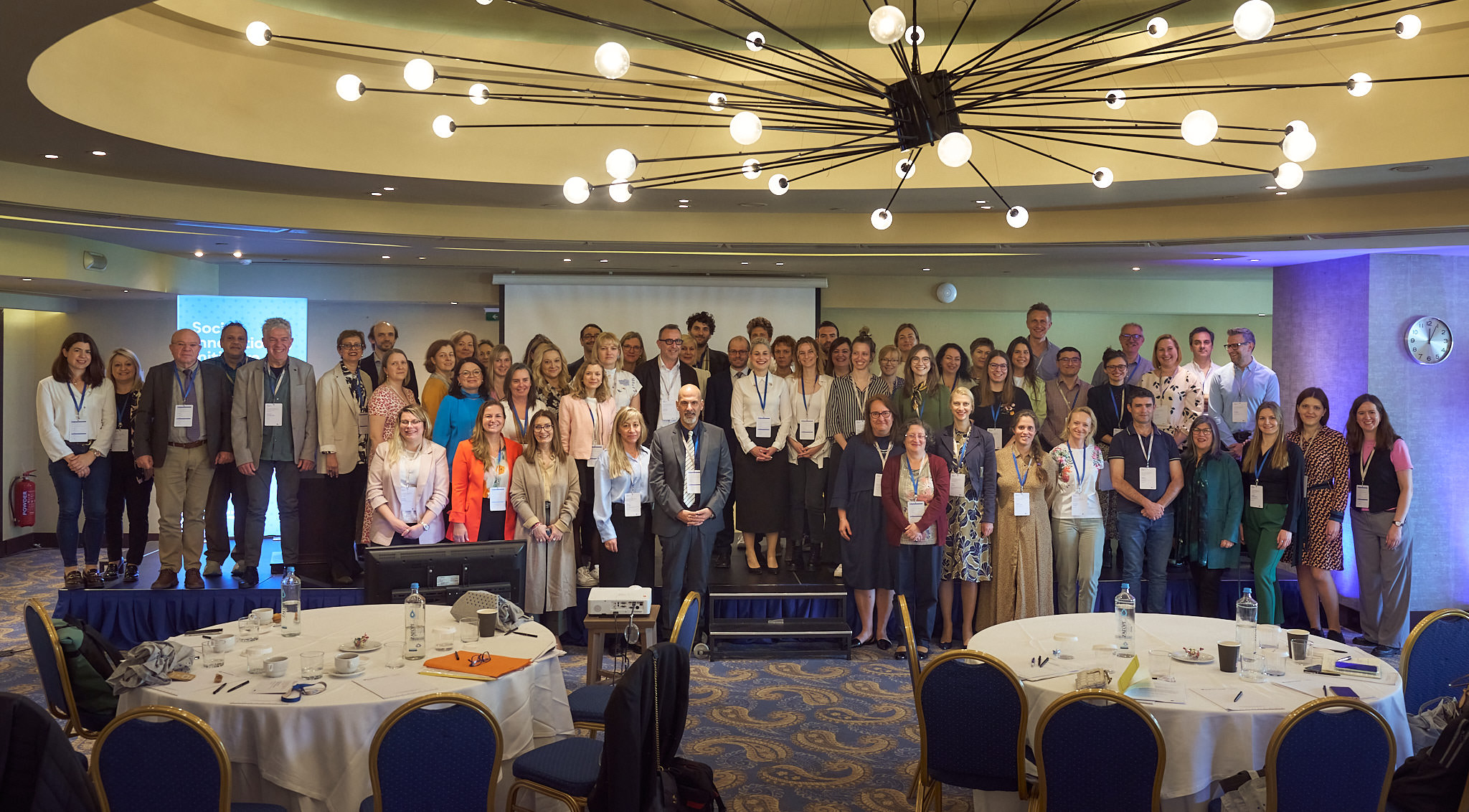FEBA attended the latest meeting of the ESF+ Community of Practice (CoP) on Material Support that was held in Athens on 10 and 11 April 2024. Following the title Involving the target group: from decision-making to the provision of support, the agenda was designed to receive insights and spark discussion around that topic.
In her opening remarks, both Cristiana Costinescu (DG EMPL, European Commission) and Sofia Zacharaki (Minister of Family and Social Cohesion, Greece) stressed the importance of leaving no one behind and paying particular attention to the most vulnerable societal groups. A subsequent panel discussion focused on the material support system in Greece with speakers representing different public authorities outlining achievements and best practices regarding implementing the European Fund for Aid to the Most Deprived (FEAD) and the current European Social Fund Plus (ESF+). Following a keynote speech by the University of Paris Nanterre on the theoretical framework of the participation of vulnerable groups, a panel discussion on initiatives aimed at involving the target group at various levels in different countries took place, featuring speakers from the Czech Ministry of Labour and Social Affairs, EAPN Portugal, Les Restos du Coeur, and St Kevin’s Family Resource Centre (Dublin). Day one of the meeting was concluded with an interactive workshop where CoP members used participatory methodologies to explore different approaches and address challenges related to involving the end recipients of material support.
The second day was coined by site visits to different locations across the Attika region, among them a municipality-run community centre and charitable organisations carrying out accompanying measures for vulnerable societal groups such as children, women, or Roma people. The CoP meeting was concluded by closing remarks from Simona Pulbere (DG EMPL, European Commission) who stressed the importance of collaboration among all stakeholders to achieve the objectives of the ESF+ and improve the well-being of its beneficiaries.




